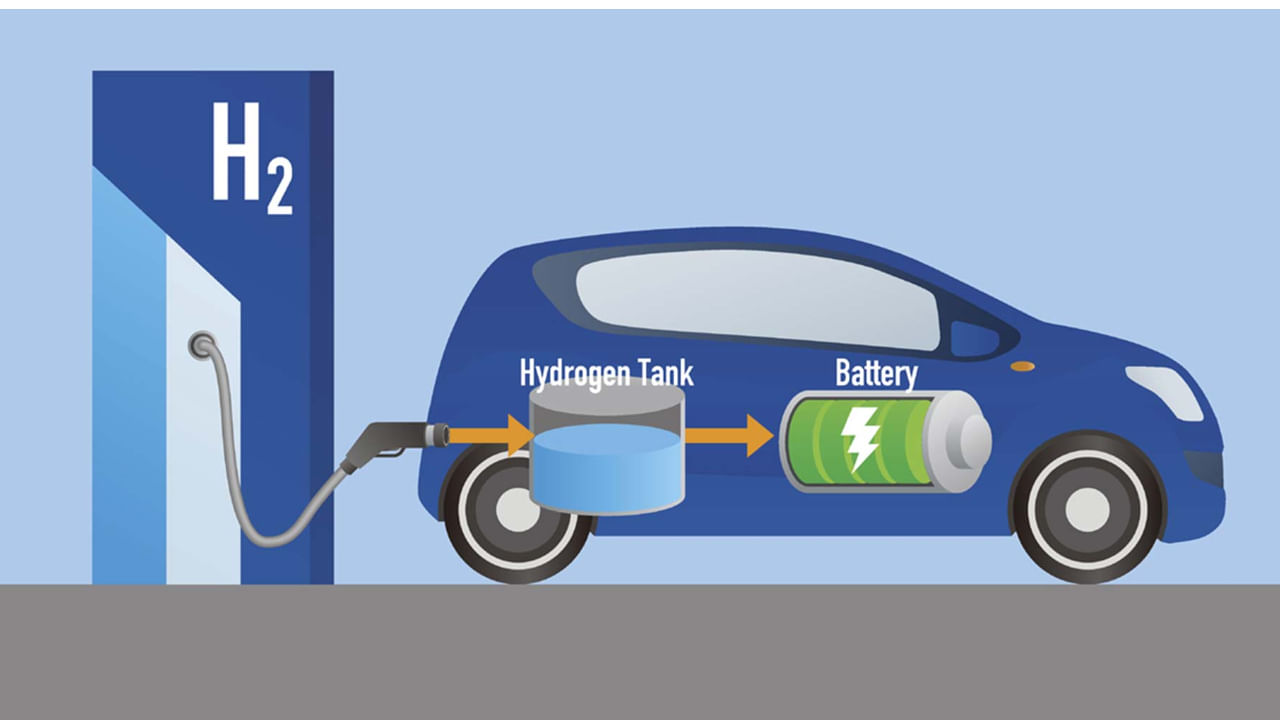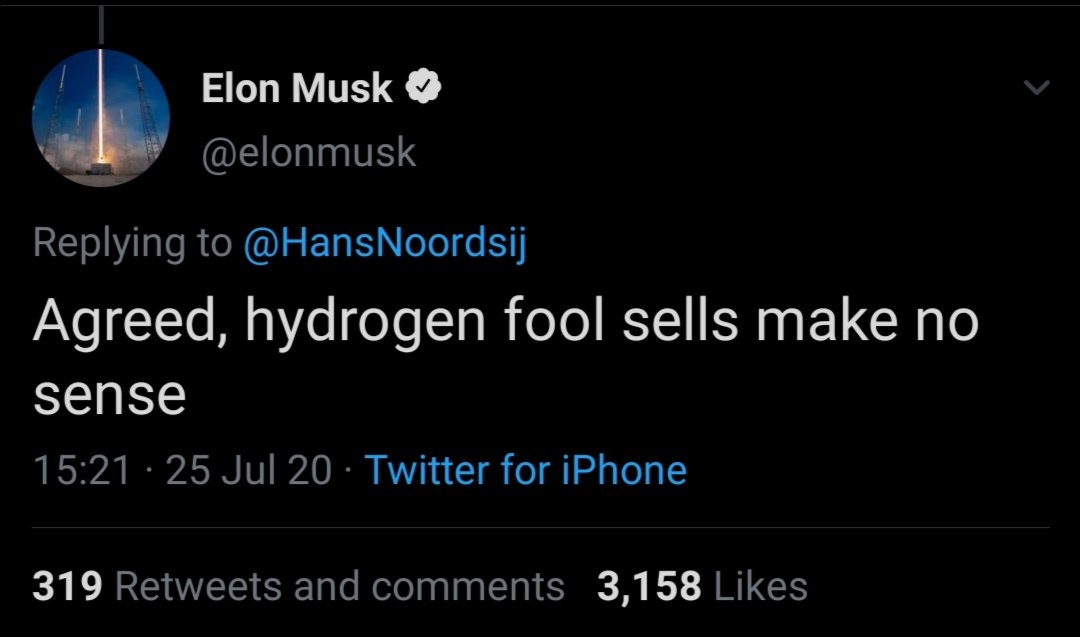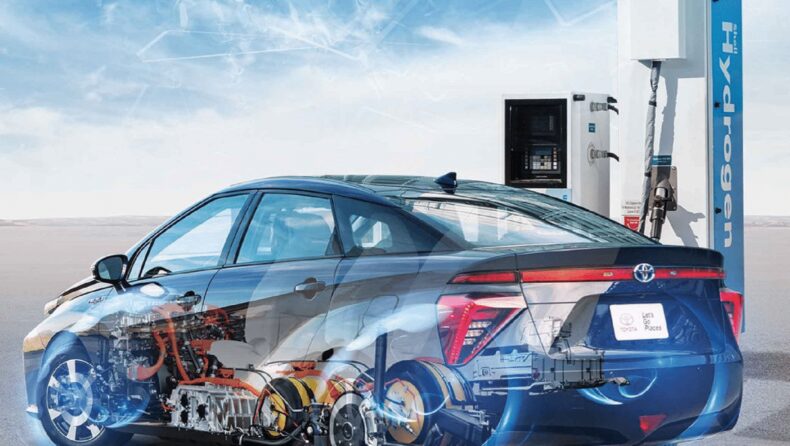When consumed in a fuel cell, hydrogen is a clean fuel. Water is a substance composed of chemical elements such as hydrogen and oxygen. Wouldn’t that be great for our environment?

When fossil fuels are burned, nitrogen and other oxides are released into the atmosphere, contributing to the formation of smog and acid rain. They emit large amounts of carbon dioxide and other greenhouse gases into the atmosphere.
Greenhouse gases trap heat in our atmosphere, which contributes to global warming. The global average temperature has already risen by one degree.
Warming above 1.5 degrees Celsius threatens additional sea-level rise, extreme weather, biodiversity loss, and species extinction, as well as food scarcity, worsening health, and poverty for millions of people around the world.
Fossil fuel companies remain huge polluters, producing and selling fossil fuel products while scientists say we need a mass switch to renewable energy and efficiency.
The Intergovernmental Panel on Climate Change (IPCC) has found that emissions from fossil fuels are the dominant cause of global warming. In 2018, 89% of global carbon dioxide emissions came from fossil fuels and industry.

Why hydrogen as a fuel?
Our environment is rich in hydrogen. Water, hydrocarbons (such as methane), and other organic matter store it. The efficient extraction of hydrogen from these compounds is one of the challenges of using hydrogen as a fuel.
Because it has a high energy content per unit weight, it is used as a rocket fuel and in fuel cells to generate electricity on some spacecraft. It is not widely used as a fuel right now, but it has the potential to become more popular in the future.
It is more environmentally friendly and efficient than traditional combustion-based engines and power plants. Hydrogen and fuel cells can also be used to power vehicles in mobile applications.
The following are the advantages of fuel cells: Greenhouse gas emissions have been reduced. It is the most promising future alternative fuel. It contains a lot of calories. Its combustion product is water, so it emits no pollution. It produces nearly twice as much energy as jet fuel.
Is it time to switch to hydrogen fuel? Can we? Let’s take a look at both sides of the coin!
To produce hydrogen, it must be separated from the other elements in the molecules where it occurs. There are many different sources of hydrogen and ways of producing it for use as a fuel. The two most common methods for producing it are: steam-methane reforming and electrolysis.
Steam methane reforming is the process of producing hydrogen from natural gas in which high temperature steam (700 °C – 1,000 °C) is used to produce hydrogen from a methane source, such as natural gas.
Methane reacts with steam under 3-25 bar pressure in the presence of a catalyst to produce hydrogen, carbon monoxide, and a small amount of carbon dioxide in steam methane reforming.
The process of using electricity to decompose water into oxygen and hydrogen gas is known as electrolysis of water. The hydrogen gas produced in this manner can be used as hydrogen fuel.
However, pure hydrogen is scarce in the atmosphere. It is produced through processes such as electrolysis of water. This is not only a time-consuming but also expensive process. Furthermore, electrolysis necessitates the use of electrical energy. We’re back to burning fuel to get it.
There are a lot of reasons why it is difficult to use hydrogen as a fuel. Some of them are as follows:
- Hydrogen is not easy to store: First of all, it is a gaseous fuel. Gases are less dense, i.e., they occupy more volume. So, hydrogen requires a large fuel tank for storage.
- Hydrogen is highly explosive: even small amounts of liquid hydrogen can be explosive when mixed with air, and it only takes a small amount of energy to ignite it. Its explosive nature, combined with the extremely low temperatures involved, make safe handling difficult.
- Limited availability and high production costs: Unlike other gases, hydrogen is not readily available in the atmosphere. It requires processes like electrolysis of water for its production. This is a very costly and time-consuming process.
- Not the most secure energy source: Hydrogen’s power should not be underestimated. Although gasoline is slightly more hazardous than hydrogen, hydrogen is a highly flammable and volatile substance that frequently makes headlines due to its potential hazards.
In comparison to gas, hydrogen has no odor, making leak detection nearly impossible. Sensors must be installed to detect leaks.
Industry people on Hydrogen as a fuel-

Tesla co-founder and CEO Elon Musk dismissed hydrogen fuel cells as “mind-bogglingly stupid”. He also called them “fool cells”, a “load of rubbish”, and told Tesla shareholders at an annual meeting years ago that “success is simply not possible.”
On the other hand, Ford spokesman said, “With a steadily growing share of renewable energies, hydrogen fuel cells could play a role in the future.”
Way Ahead-
Despite all the disadvantages and debates over the issue of hydrogen as a fuel, there is possibility of it coming over in future. Like Germany has a lot of Hydrogen-fueled buses, there is a positive chance of using hydrogen as a fuel in cars as well.
Not just hydrogen but many environmental- friendly fuels might come up in future which may replace the fuels which emit harmful gases and acts as a threat to our environment.
Read more- GREEN HYDROGEN-A SUSTAINABLE ENERGY













